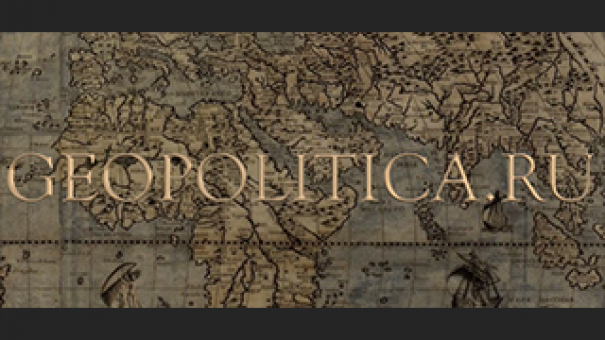The probable death of the Taliban’s leader
Last night mass media began reporting that the current head of the "Taliban", Mullah Akhtar Mansour, had died after being severely injured during a sectarian conflict. The incident is likely to be connected to the question of competing external influences over the geopolitical zone. Afghanistan always has been a highly important region in the terms of geopolitics for two centuries, guarding the way that links the Heartland with Hindustan and the Indian Ocean.


